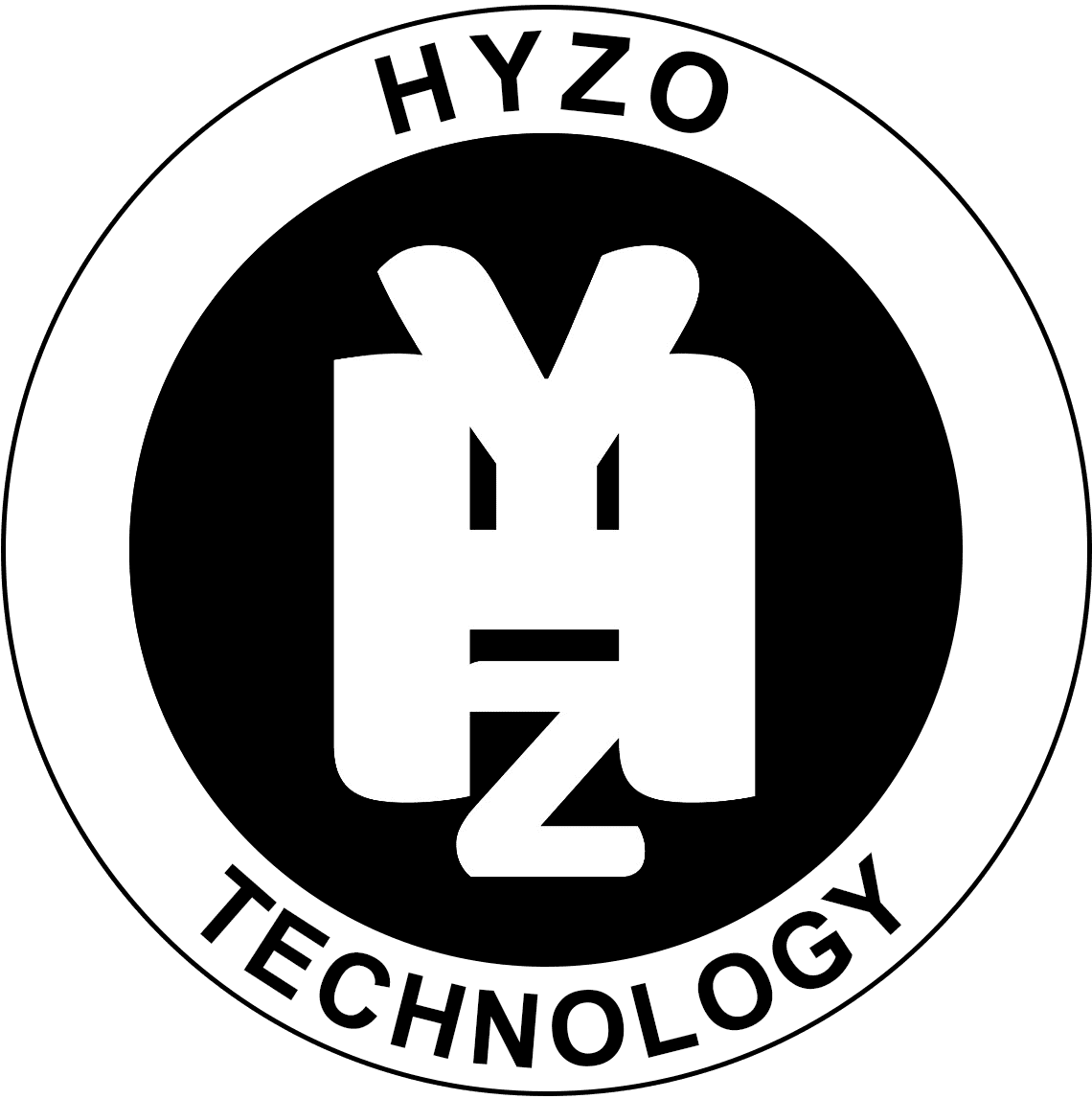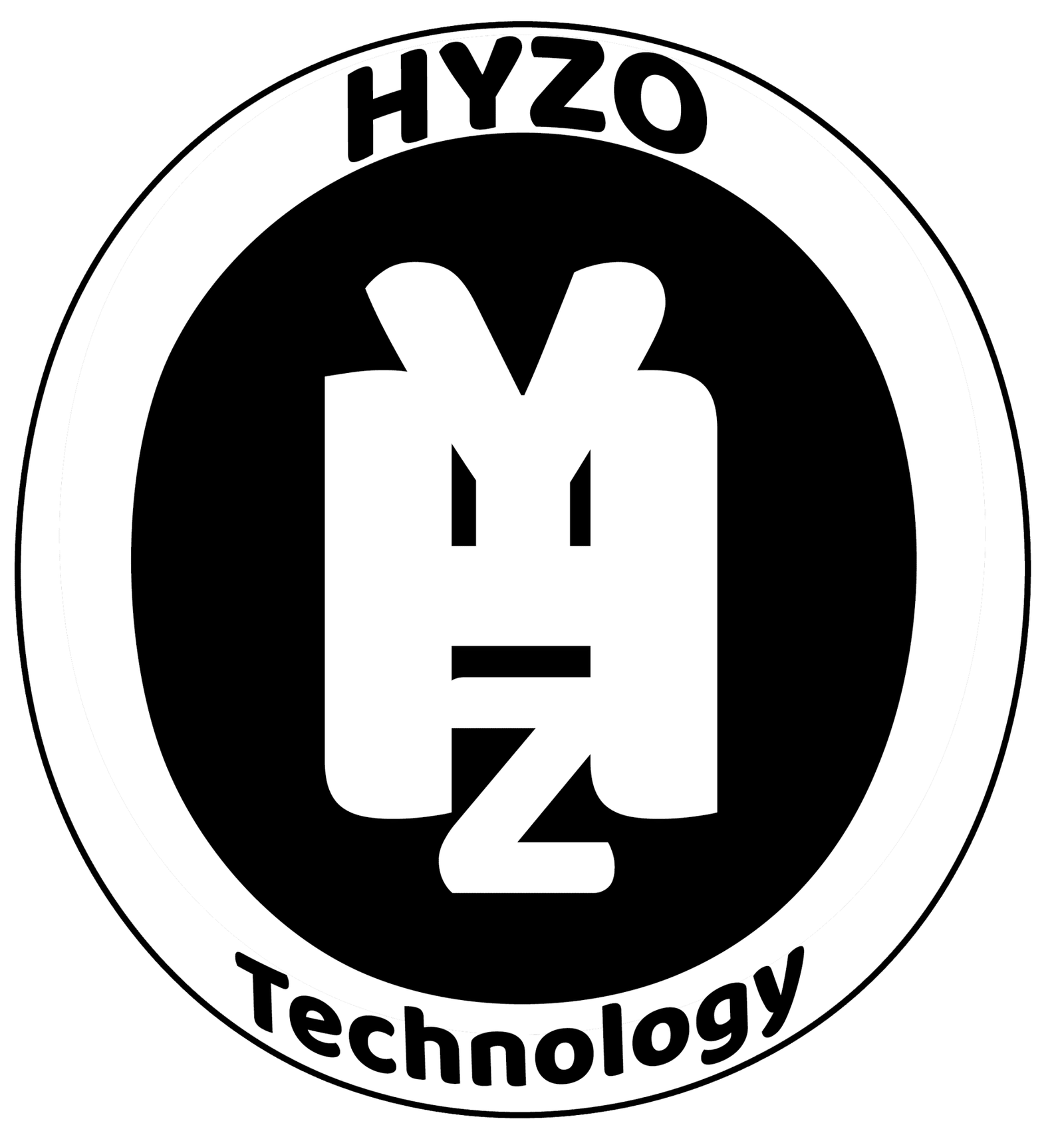Modern factories and technological industries are the backbone of today’s global economy. They not only support the production of goods but also drive innovation, create employment opportunities, and improve living standards. Technological industries, in particular, have revolutionized how goods are manufactured, distributed, and consumed, enhancing industries ranging from healthcare to transportation and electronics.
The rapid advancement of technology, automation, and industrial innovation has paved the way for smart factories, advanced manufacturing systems, and sustainable industrial development worldwide. This article explores the global significance of modern factories and technological industries, their contributions to economic growth, technological innovation, and examples from various sectors that highlight their role.
The Role of Modern Factories and Technological Industries
Modern factories and technological industries are essential to the global economy, with their effects visible in every country and sector. These industries leverage advanced technologies, such as artificial intelligence (AI), robotics, automation, and the Internet of Things (IoT), to streamline production, increase efficiency, and reduce costs.
1. Economic Growth and Employment Opportunities
Modern factories are critical drivers of economic development. They contribute to GDP by producing goods, supporting international trade, and creating millions of jobs worldwide. Factories provide opportunities across all skill levels, from low-skilled labor to advanced engineering and IT positions.
Examples:
- Automotive Industry: Companies like Toyota, Ford, and Volkswagen operate massive production facilities employing millions of workers globally.
- Electronics Manufacturing: Factories producing smartphones, computers, and other electronics have created millions of jobs in countries such as China, South Korea, and the United States.
These industries foster wealth distribution and reduce unemployment by engaging skilled and unskilled laborers alike.
2. Driving Innovation through Advanced Technologies
Modern technological industries utilize cutting-edge technologies to improve productivity, design, and the quality of goods. From robotics to artificial intelligence, technological advancements are shaping industries and facilitating new innovations.
Examples:
- AI and Automation: Factories equipped with robotics can manufacture products at faster speeds with fewer errors, improving supply chain management.
- Renewable Energy Production: Advanced technological industries are producing sustainable energy solutions through innovation. Wind farms and solar power plants exemplify how technological industries combat climate change.
3. Enhancing Supply Chains and Logistics
Modern factories and technological industries have streamlined global supply chains by leveraging technological advancements. These industries rely on transportation innovations, real-time communication, and advanced logistical planning to ensure the smooth distribution of goods worldwide.
Examples:
- Amazon employs advanced robotics and AI technologies to ensure timely product delivery to millions of consumers worldwide.
- Shipping and transportation hubs use IoT and AI to monitor cargo and streamline routes.
4. Sustainability and the Green Revolution
With global attention shifting toward environmental preservation, modern factories and technological industries are now focusing on sustainability. They are adopting green manufacturing techniques, renewable energy sources, and waste reduction strategies to minimize their ecological impact.
Examples:
- Sustainable Manufacturing: The production of electric vehicles (EVs) by companies like Tesla has introduced sustainable alternatives to traditional vehicles.
- Recycling Factories: Recycling plants use modern technological processes to recycle waste materials into reusable resources.
5. Contributing to Technological Development Across Sectors
Modern factories are not limited to producing consumer goods. They are instrumental in the development of technologies that contribute to healthcare, defense, transportation, communication, and agriculture.
Examples:
- Healthcare and Pharmaceuticals: Factories produce vaccines, medicines, and essential medical equipment, such as ventilators and testing kits.
- Transportation: Factories manufacturing trains, electric vehicles, and aircraft contribute to innovations that ensure efficient and safer transportation options globally.
Modern technological industries help various sectors tackle modern challenges through innovation and development.
Key Examples of Industries and Their Technological Impact
Modern factories and technological industries are embedded in various sectors. These industries illustrate the critical role they play in global economies and technological progress.
1. Automotive Industry: A Leader in Technological Innovation
The automotive industry has transformed through technological advancements, with modern factories relying on robotics and AI to enhance production efficiency and ensure quality. Companies like Tesla, General Motors, and Volkswagen have introduced electric vehicles (EVs) and smart vehicles as a response to climate change and technological innovation.
Example: Tesla’s Gigafactories produce electric vehicles using automated production lines powered by cutting-edge robotics, showcasing the fusion of technology and manufacturing.
2. Electronics and Information Technology
The electronics industry heavily depends on advanced manufacturing technologies. Factories producing electronics such as computers, smartphones, and wearable technology are a testament to technological advancements.
Examples:
- Apple, Samsung, and Intel rely on modern factories to design and produce microchips, smartphones, and gadgets.
- The use of AI and robotics has revolutionized electronic assembly lines, reducing production costs and improving efficiency.
3. Renewable Energy and the Green Technology Sector
Modern factories are actively participating in the green revolution by manufacturing renewable energy equipment such as wind turbines and solar panels. These industries are vital in addressing climate change by reducing carbon emissions.
Example:
- Wind Energy: Factories build wind turbines that supply clean, renewable electricity to millions of homes.
- Solar Power Panels: Companies like SunPower and First Solar design and manufacture solar panels that support clean energy solutions.
4. Pharmaceutical and Healthcare Industries
The COVID-19 pandemic highlighted the critical role of modern factories in producing essential medicines and vaccines. Factories equipped with advanced technologies played a pivotal role in vaccine production to combat the global crisis.
Examples:
- Factories producing Pfizer-BioNTech and Moderna vaccines employed innovative manufacturing technologies to scale production efficiently and save lives.
5. Agriculture and Smart Farming
Technological industries have introduced innovations in agriculture through smart farming techniques. Modern factories produce machinery and equipment such as AI-powered tractors, drones, and automated harvesting machines.
Examples:
- Agricultural machinery companies like John Deere use technological industries’ innovations to manufacture machinery that improves crop yields and efficiency.
The Future of Factories and Technological Industries: AI, Automation, and Beyond
The future of technological industries and modern factories relies on continuous innovation. Emerging technologies like artificial intelligence, blockchain, and the Internet of Things (IoT) are poised to shape these industries even further.
AI-powered robots, advanced data analytics, and IoT devices will revolutionize production lines by optimizing efficiency, predicting maintenance needs, and improving decision-making.
Smart Factories: These are automated, connected facilities that utilize real-time data to predict demand, streamline supply chains, and reduce waste, making production faster and more efficient.
Modern factories and technological industries are vital to the global economy. They create jobs, drive innovation, improve quality of life, and address global challenges like climate change and sustainability. These industries support technological advancements that shape healthcare, transportation, energy, and communication sectors.
As the global economy continues to evolve, technological industries and modern factories will remain at the forefront of innovation, shaping sustainable development and technological solutions for generations to come.

